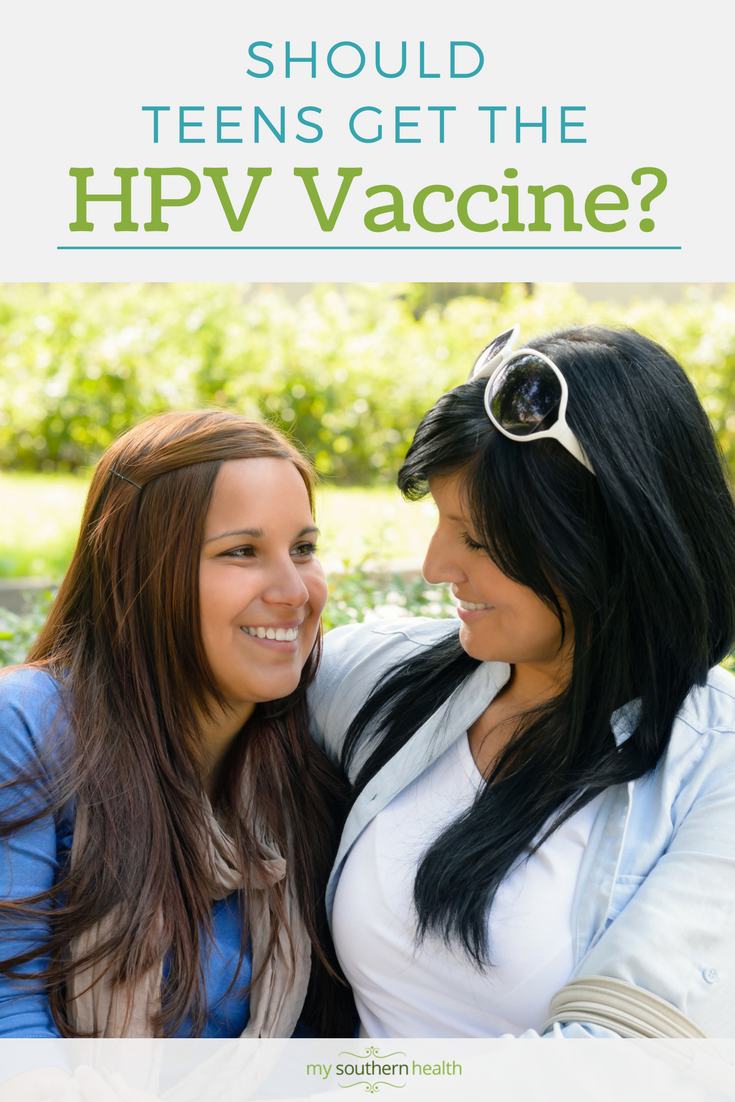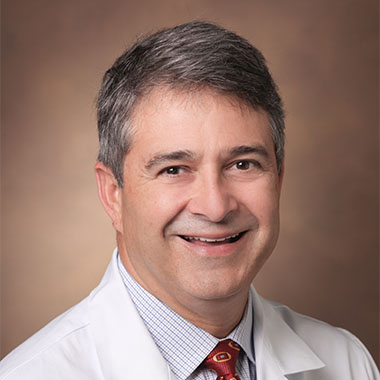Cancer experts urge parents to vaccinate kids (including boys) against the HPV virus, which causes cancer.
It’s been 12 years since the FDA approved the first vaccine to prevent infection from human Papilloma virus, or HPV, to prevent cervical cancer. Yet many tweens and teens are still going without this important vaccination. Boys and girls should get this immunization.
Cancer experts say the low vaccination rate amounts to a public health crisis — an opportunity to avoid cancer that too many doctors and families are not acting upon. Only about 40 percent of girls and 21 percent of boys nationally are fully vaccinated against HPV.
As many as 40 strains of the HPV virus are implicated not only in cervical cancer, but also cancers of the vagina, vulva, anus, and head and neck. Those cancers of the head and neck are diagnosed twice as often in Tennessee as the national average, said Ronald Alvarez, M.D., a Vanderbilt University Medical Center OB-GYN. They’re different from cancers related to smoking. They’re also more common in males, another strong reason to vaccinate boys against HPV.
“HPV causes a lot of cancers, particularly in Tennessee,” said Alvarez. “Many of these cancers are largely preventable with HPV vaccination and cervical cancer screening. Unfortunately, the rates of HPV vaccination are alarmingly low in Tennessee.”
The current version of the Gardasil vaccine is a series of two shots that protect against nine common strains of HPV — and in turn, the cancers that HPV infection can cause. The Centers for Disease Control recommends that boys and girls receive the vaccine at age 11 or 12, though they can start as early as age 9. Ideally, the shots should be completed by the time they turn 13, with the shots spaced 6 to 12 months apart. These vaccines are most effective when given at these ages. Teens will only need two shots before age 15. If they get this vaccine after age 15, they’ll need three shots for it to be fully effective. If children do not receive the HPV vaccine during their teens, the CDC advises they can get them until age 26 (for women) and age 21 (for men).
“The HPV vaccine gives us a powerful tool to protect our children from several types of cancer,” said Pamela Hull, Ph.D., a Vanderbilt-Ingram Cancer Center epidemiology researcher.
But many teens are going unvaccinated, because not all doctors are discussing the HPV vaccine with parents, and because some parents question why their preteen children need a vaccine aimed at a sexually transmitted virus. The idea is to vaccinate teens before they become sexually active, because HPV is very common and very easy to transmit.
HPV is the most common sexually transmitted infection.
The Centers for Disease Control and Prevention estimates that every sexually active adult will be infected by a strain of HPV at least once in his or her lifetime. More than 79 million Americans are believed to be infected, and about 14 million new infections occur each year. HPV is spread easily through any sexual contact, not just intercourse. And, according to the NCI: “Most people get HPV infections shortly after becoming sexually active for the first time.” Many people “clear” the infection on their own within a year or two, but in many cases, infection persists. This can cause changes in cells that ultimately lead to cancer.
We’re talking about potentially life-threatening diseases.
HPV infections are responsible for 27,000 new cancer cases each year, especially cervical and anal cancers. About 70 percent of cancers of the middle throat are caused by HPV, according to the National Cancer Institute. HPV also causes about 65 percent of vaginal cancer, half of vulvar cancer and 35 percent of penile cancers, according to the institute. To put that into context, fewer than 11,000 children are diagnosed with pediatric cancers each year. Imagine if a vaccine existed to prevent childhood leukemia or childhood brain cancer.
The vaccines have been tested in thousands of people, and have continued to be closely monitored since FDA approval.
Some parents worry about vaccines’ safety, frightened by misinformation circulating on the internet. Cancer experts point out that HPV vaccines have been tested in thousands of people, and are closely monitored.
For example, 29 million doses of the current Gardasil vaccine were given from December 2014 through December 2017, according to the CDC. In that period, the Vaccine Adverse Event Reporting System, which tracks vaccine safety, received 7,244 reports of adverse events (possible side effects) following Gardasil 9 vaccination — amounting to .0002 percent of the doses given. Overall, 97 percent of those effects were non-serious reports; 3 percent (217 – or .00008 percent of the total doses) were classified as serious. Mild side effects are common and include pain where the shot was given, nausea, headache and fever. Some people experience fainting. The Vaccine Adverse Event Reporting System points out that not all these reports mean that a vaccine caused the effect; only that the adverse effect happened after the vaccination.
Cervical cancer, however, accounts for 12,000 new diagnoses per year and 4,000 deaths.
The National Cancer Institute offers this helpful information about HPV.


Families need a reliable home base for medical care. With Vanderbilt Primary Care, you are always close to a trusted partner in health and wellness. See our convenient locations across Middle Tennessee.



